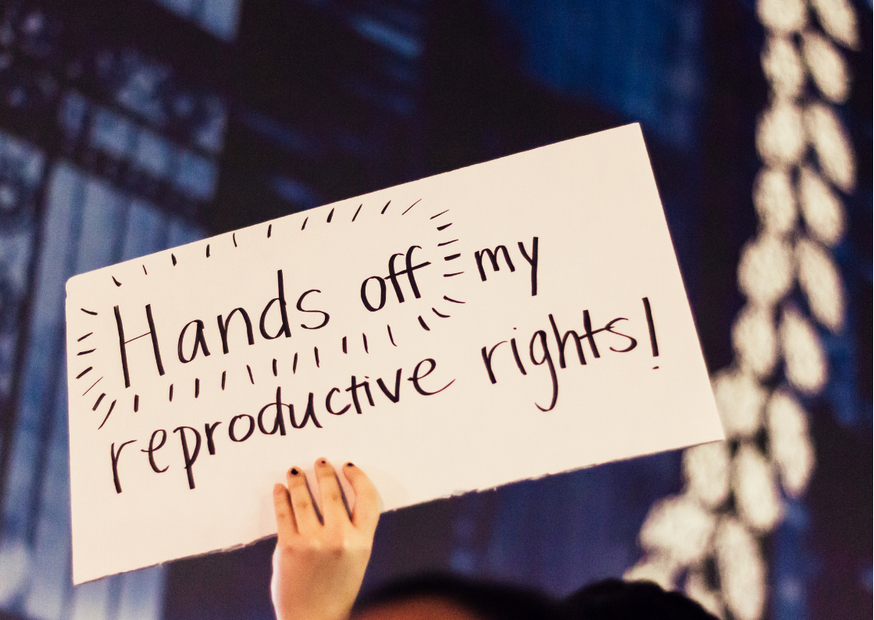NitiRiti Bureau
A woman’s right to make reproductive choices was a dimension of “personal liberty” guaranteed under Article 21 of the Constitution and included her right to refuse to take part in sexual activity and insist on contraception.
It is important to recognise that reproductive choices can be exercised to procreate as well as to abstain from procreating, a three-judge bench led by Justice D.Y. Chandrachud said.
The crucial consideration is that a woman’s right to privacy, dignity and bodily integrity should be respected, it said.
Right to reproductive choice includes right to refuse to take part in sex, insist on use of contraception.
“This means that there should be no restriction whatsoever on the exercise of reproductive choices such as a woman’s right to refuse participation in sexual activity or alternatively the insistence on use of contraceptive methods.”
Furthermore, women are also free to choose birth control methods such as undergoing sterilisation procedures, the bench said.
Taken to its logical conclusion, reproductive rights include a woman’s entitlement to carry a pregnancy to its full term, to give birth and to subsequently raise children.
The ambit of reproductive rights is not restricted to the right of women to have or not have children.
Choice extends to deciding when to have kids, how many kids to have etc
It also includes the constellation of freedoms and entitlements that enable a woman to decide freely on all matters relating to her sexual and reproductive health, the top court said.
This includes the right to access education and information about contraception and sexual health, the right to decide whether and what type of contraceptives to use, the right to choose whether and when to have children, the right to choose the number of children, the right to access safe and legal abortions, and the right to reproductive healthcare, it said.
Women must also have the autonomy to make decisions concerning these rights, free from coercion or violence, the bench said.

